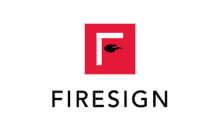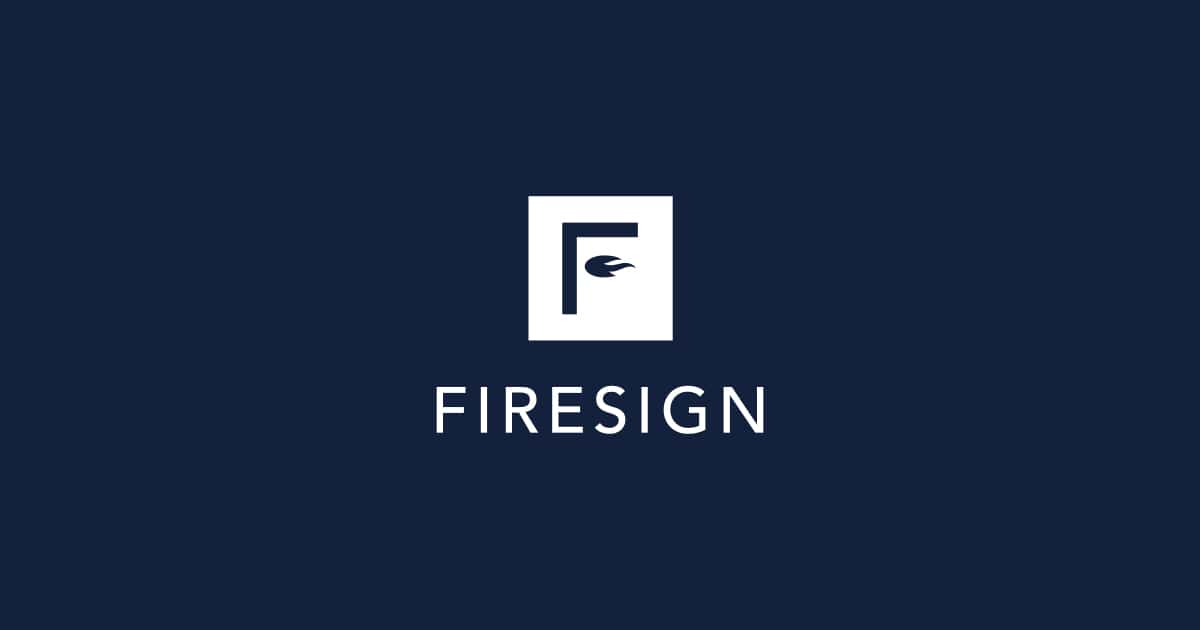As the COVID-19 pandemic escalated, darkening workplaces and businesses with stunning speed, Whitfield & Eddy Law hurried to set up effective communication among its now-scattered workforce.
Part of the aim was simple: Keep everyone connected, informed and even cheerful amid a tidal wave of anxiety and uncertainty. But it quickly became apparent that those efforts also would influence the future of the firm in whatever “normal” would emerge.
Grappling with the Initial Whiplash
Marc Hollander, the firm’s director of client relations and marketing, was out of town — like many who had scheduled early March spring break trips — when the crisis intensified.
But he quickly returned, researching pandemic-survival initiatives that could take on a Whitfield & Eddy flavor. By the end of the first week of working from home, Hollander had set up a Facebook page for staff members.
Particularly in the early days of stay-at-home orders, the page became something of an oasis. Amid heavy news and uncertainty about both physical health and that of the economy, the page offered a “light-hearted and fun” outlet, Hollander said.
“I just tried to remind people every couple of days — thinking of you, what’s going on, let’s have some fun,” he said.
Hollander wove humor into the posts he used to communicate with staff members, getting them to discuss what their home offices looked like, their pet “co-workers,” their culinary creations (including sharing recipes), how the runners in the group were adapting their workouts, and even pandemic hair or facial hair styles. Sometimes, he posted pictures from old happy hours or socials to remind them of the “normal days,” and sometimes they’d poke good-natured fun at each other like they had in the office break room or hallway.
“It just gets everyone together, laughing,” Hollander said.
Of course, Facebook interaction isn’t for everyone. Roughly half of the firm’s 50 staff members joined the Facebook page, but the outlet was at least available — especially during a time when people were spending more time on their electronic devices. People appreciated the efforts and had felt isolated without the work environment, despite being around some
family and friends.
“You spend 40, 50 or 60 hours a week with these guys, and they are family in that sense,” Hollander said.
Becoming a ‘Zoom Ninja’
As scheduled events pivoted to virtual meetings, Zoom became a vital tool — and one with which many weren’t familiar. Hollander aimed to become a “Zoom ninja” so that he could quickly bring attorneys up to speed, enabling them to interact, do online happy hours, or move forward with planned presentations.
He also has used the tool for weekly work-from-home check-ins with staff. The half-hour meeting over lunch has been a time for staff members to share how they’re doing. When attorneys — including those who are semi-retired — heard about it, some of them wanted to be part of one, too.
A side benefit of the staff check-ins has been the ability to sense that something requires more discussion and follow up one-on-one. Such a conversation may include “how are you doing, how are we doing, what’s happening that we may not know about from an attorney-staff position,” Hollander said. Those touch points are key in retaining staff, making sure they are able to succeed given the circumstances, and keeping the workplace running smoothly, he said.
Adapting to Changing Needs: Looking to the Future
The energy with which Americans embraced virtual interactions and Zoom meetings of various sorts waned as stay-at-home orders stretched on. As a National Geographic article elaborated, video calls offer an “elegant solution to remote work, but they wear on the psyche in complicated ways.” The phrase “Zoom fatigue” quickly jumped into the common lexicon.
As circumstances shift, Hollander keeps adapting Whitfield & Eddy’s efforts at creating valuable touch points. The Facebook group will continue, but Zoom check-ins are becoming less frequent, Hollander said. Plans to return to the office remain somewhat fluid; however, loosening restrictions and summer weather are offering people other outlets.
A key concern now for Hollander is a group that has in some ways been lost in the shuffle: new college graduates. Recruitment efforts, alongside retention initiatives, determine the future of the firm.
Hollander recently had to cancel an event welcoming new clerks. He has been reaching out to new clerks at least every other week via Facebook Messenger, asking how they’re doing, congratulating them on graduation, and encouraging them to study for the bar exam.
“Clerks coming in for the summer are going to have the worst experience ever if they work from home with no interactions or events,” Hollander said.
His stopgap solution? Seek out regular webinars on how to best make use of virtual meeting tools. He’s also considering engaging a third party to run a virtual event for the clerks.
“These are things that need to be on our radar because we can’t be those lame, stodgy old people that did not engage through that time,” Hollander said.
For law firms, the recruiting period truly begins from the moment a clerk walks through the door. It’s years before a new clerk becomes a partner, and that formative period determines the next leaders in the firm.
“It’s a really long interview process,” Hollander said. “We want to make sure we keep that tap open.”
What Firesign loves: In times of stress, people need to feel a part of something bigger than themselves – and Whitfield & Eddy rose to the occasion for its lawyers and professional staff.
The firm did so many things right, but we love that it built in regular and predictable events that people can count on, such as lunch meetings. This brings an element of normalcy to unmoored calendars. It also widely recognized that people get more out of work than just work; it created a virtual water cooler for levity and socialization.
The takeaway: Market to your internal audiences, too.

